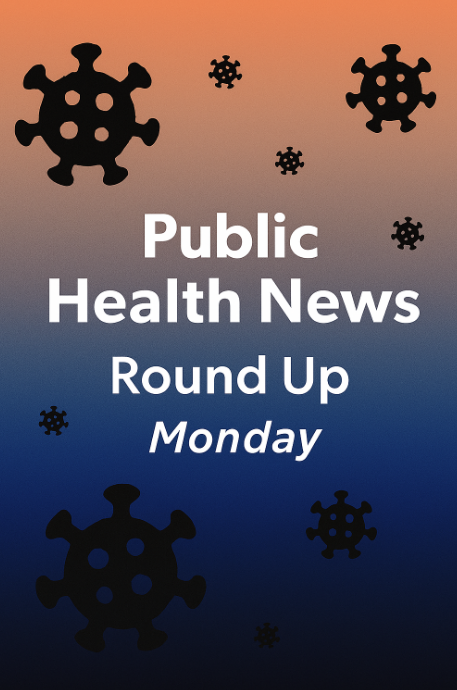
Public Health News Round Up, June 9, 2025
My cousin-in-law (if that’s a real relationship) works for one of the big pharma companies in mRNA research. Just like us front-line people, he’s sketched out. We spoke over the weekend about the tension in just riding this out as opposed to trying to making a different.
And, as we’ve seen, many LA peeps are making a difference in the name of social justice.
Be a Changemaker—Support Independent Public Health!
Stay informed with the latest developments and actionable strategies. Your free subscription directly supports our self-funded mission to deliver crucial updates weekly. 💡 Every moment counts! Share now and invite others to amplify this important message!
A Palestinian Doctor in Israel Helps People Across Borders
This article from the New Yorker weaves together the poignant story of Lina Qasem Hassan, a Palestinian-Israeli physician, who navigates the treacherous intersection of identity, politics, and medicine in the backdrop of the Israeli-Palestinian conflict. Despite the challenging sociopolitical environment and personal grief, Qasem Hassan remains steadfast in her humanitarian work, embodying the struggle for coexistence and the commitment to serve “all innocent people,” even amid escalating dangers and polarizing narratives.
As the feds abdicate responsibilities, states should band together
As the federal government steps back from its long-held responsibilities, notably disaster relief and funding for essential services, states are left scrambling to fill the void, leading some to consider forming regional alliances to pool resources and tackle these challenges collectively. While this interstate collaboration might help states maintain crucial services and regulations, it highlights the urgent need for innovative solutions in the face of federal disengagement, offering a potential blueprint for a more resilient and cooperative future.
Could Electric Fields Supercharge Immune Attack on the Deadliest Form of Brain Cancer?
Researchers at Keck Medicine of USC have found that combining TTFields therapy, chemotherapy, and immunotherapy significantly increases survival in glioblastoma patients, offering new hope for a treatment-resistant cancer. The study highlights how TTFields can stimulate an immune response by drawing T cells into tumors, which the immunotherapy can then amplify, with patients experiencing a substantial survival increase, especially those with large, unresected tumors.
RFK’s Wellness Farms
The article critically examines RFK Jr.’s proposal for “wellness farms” as an alternative to incarceration for drug offenders, comparing it to the author’s personal experience with a religiously-driven rehabilitation program. It highlights significant concerns, such as the lack of psychiatric intervention and potential for exploitation and abuse, while questioning the efficacy of such spiritually-focused and labor-intensive rehab methods.
Talk Is Cheap: Now Trump Must Deliver On His Healthcare Promises
President Trump’s ambitious healthcare agenda, led by key figures like HHS Secretary Robert F. Kennedy Jr. and FDA Commissioner Dr. Marty Makary, aims to tackle sky-high drug prices, reverse chronic disease trends, and harness generative AI in medicine. But with the 2026 midterms looming and political barriers ahead, translating these bold promises into real policies remains uncertain, leaving Americans to watch if this moment will bring meaningful change or missed opportunities.
Tech Moguls Want to Found a Crypto Paradise on a Native American Reservation
Tech entrepreneurs are pushing the boundaries of sovereignty and regulation by creating autonomous zones like Próspera and the Catawba Digital Economic Zone, challenging traditional legal frameworks to promote innovation and deregulation, but raising concerns about transparency and tangible benefits for local communities. Through their efforts, these entrepreneurs, backed by influential figures like Peter Thiel and Balaji Srinivasan, envision “network states” where deregulated environments facilitate rapid technological and economic advancements, though critics worry about the socio-political implications and the impact on existing communities.



